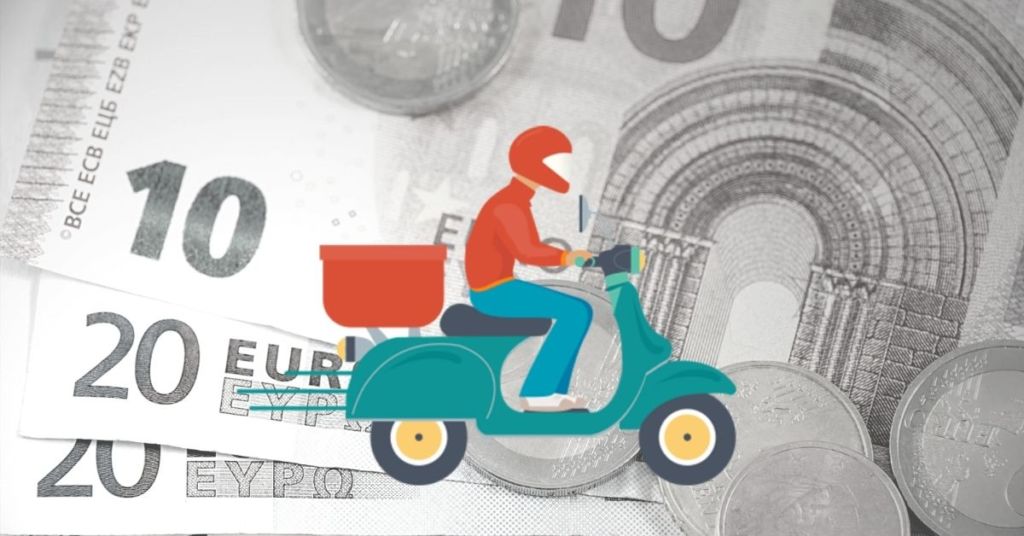Food Couriers Are Still Losing Half their Salaries With Agencies Targeting Foreign Workers On The Rise

Food couriers in Malta are still losing between 30% and 50% of their income to fleet operators who work for key delivery platforms in the country, with many raising concerns over their continued exploitation and rise of such agencies in the country.
“Imagine working day and night, hot and cold, just to see half of your pay get taken away from you,” one food courier who works with an agency told Lovin Malta.
The food courier revealed to Lovin Malta that the operator they work for refuses to provide insurance or a bike, burdening all the expenses on them without providing any service beyond access to the delivery platforms.
It appears that the problem is only growing despite the government’s attempts to address the issue. Lovin Malta was directed to a never-ending stream of Facebook pages and ads targetting third-country nationals to join their agency services.
For many, the allure of employment and the work permit that comes with it is enough to keep them in this exploitative scenario. Under current rules, third-country nationals have a maximum of 10 days to find employment once leaving a job or else face deportation.
“It is impossible to leave and I do not know what to do about it,” another courier told the newsroom.
Other agencies, information provided shows, are expressly targetting asylum seekers, many of whom have legal status in the country.
“We cannot get you a work permit. We only work with refugees as they have access to insurance and other benefits already,” one agent told a driver enquiring over a position.
It remains to be seen whether any serious effort will be made to address these exploitative pracitces. Key operators like Bolt have pledged to force agencies to sign up to a charter guaranteeing workers’ protection, and even said they would submit a white paper on the matter.
Bolt told Lovin Malta that it has implemented its charter, however, it was not made clear whether every fleet operator has signed up.
“As stated in our charter, couriers should not be subject to any unfair conditions or treatment and their legal rights in terms of the Laws of Malta should not be violated in any shape or form,” Bolt said.
“Bolt reserves its right to take any relevant action including the termination of its collaboration with any third party participant found to be in breach of any legal obligations towards its employees. Any evidence demonstrating such cases should be shared with Bolt.”
“We are complying with the authorities in making sure that everyone is treated fairly and equally and getting their fair share and the adequate protection as afforded by law.”
Still, issues remain. Just last May, Lovin Malta reported that Bolt Food was slashing the fees paid to couriers by reducing their peak-time bonuses by an average of more than 50%.
Working conditions at Bolt Food and other similar operators have been under the spotlight since the beginning of the year when it emerged that while EU nationals can be self-employed, hundreds of third-country nationals are employed by fleets that take half their income.
Some agencies do supply them with a motorbike and a fuel allowance, which would cost the courier’s less than what they give the fleet if they rented the motorbikes themselves from a rental service. However, this is not always the case.
To make matters worse, the couriers start their journey in considerable debt, paying up to €7,000 for the fleet agencies to get them a work permit in Malta.
A Department of Industrial and Employment Relations investigation in food couriers in Malta that was started in 2020 remains ongoing – with the issue also reportedly affecting other sectors of the digital labour platform industry.
Minister Carmelo Abela has said that discussions with operators remain underway. However, he has refused to provide details on food couriers average earnings.
Criticism about their practices is also haunting their operation abroad. Lovin Malta has reported how an Oxford Study had named Bolt as one of the worst employers in the gig economy.
Why do you think the practice has been allowed to continue?